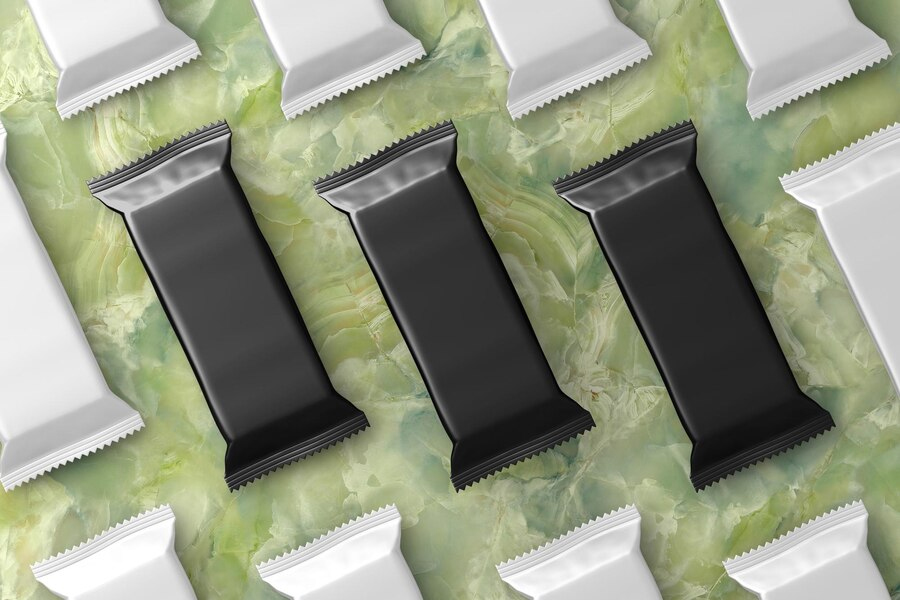
In today’s fast-paced world, ready-to-eat meals and snacks have become a popular choice for many seeking convenience. With busy schedules and the constant demand for efficiency, these pre-packaged and processed foods offer a quick and easy solution. Whether it's a microwaveable meal, a pre-made box of rajma chawal, or a packet of crisps; these foods save valuable time and effort. However, while they may seem like a convenient option, they often come with hidden risks that can have lasting effects on our health.
Table of Content:-
Over time, the regular consumption of such foods can lead to various health concerns. From high levels of unhealthy fats and salt to excessive additives, the dangers of processed foods should not be underestimated. It's essential to be aware of the potential impact on our well-being. In a conversation with the OnlyMyHealth team, Dr Wajiha Mehtab, MSc, PhD,Consultant Nutritionist Celiac Specialist and Child Nutrition Educator, [@themillenialnutritionist], New Delhi shared five risks of consuming these meals that you should be aware of.
RELATED: Can Some Superfoods Trigger Digestive Issues? We Asked A Dietician
1. High Sodium Content

Many ready-to-eat meals and snacks are packed with salt to enhance flavour and preserve freshness. Excessive sodium intake is linked to a range of health issues, including high blood pressure, heart disease, and stroke. The World Health Organization recommends a daily sodium limit of 2,000 mg, but many processed options can exceed that with just one serving, making it easy to unknowingly surpass safe levels.
2. Excessive Added Sugars
Sugar is commonly used to make ready-to-eat snacks more palatable. Unfortunately, too much added sugar can contribute to weight gain, increase the risk of type 2 diabetes, and damage teeth. Many processed snacks contain hidden sugars in the form of syrups, concentrates, or fruit juices, which can significantly raise your daily sugar intake without you realising it.
3. Lack of Nutrient Density
Ready-to-eat meals often prioritise shelf stability and ease of consumption over nutritional value. These meals may be low in essential vitamins, minerals, and fibre, leaving you feeling hungry sooner and contributing to nutritional deficiencies over time. Without proper nutrients, your body may struggle to function optimally, leading to fatigue, weakened immunity, and poor skin health.
4. Artificial Additives and Preservatives
To increase shelf life and improve taste, ready-to-eat foods are often loaded with artificial additives, such as preservatives, flavour enhancers, and colours. Some of these chemicals have been linked to digestive issues, allergic reactions, and even long-term health risks, such as an increased risk of cancer. While the safety of these additives is regulated, the cumulative effect of consuming them frequently remains a concern.
5. Portion Control Issues
Ready-to-eat meals and snacks are often packaged in larger-than-necessary portions, which can make it easy to overeat. These convenient options can lead to mindless snacking or excessive calorie intake, contributing to weight gain and associated health problems. The ease of consuming large quantities without thinking about it can undermine efforts to maintain a balanced diet.
You’re Smart, Make Smarter Choices

While ready-to-eat meals and snacks provide undeniable convenience, their regular consumption can lead to a range of serious health risks. These processed foods are often packed with unhealthy fats, high levels of sodium, sugar, and additives, all of which can contribute to long-term health issues such as obesity, heart disease, and high blood pressure.
It’s crucial to be mindful of what we’re putting into our bodies, and one way to do this is by carefully reading product labels. Pay attention to the ingredients list and nutritional content to ensure that what you’re consuming is genuinely beneficial for your health. Opt for options with minimal additives, preservatives, and artificial flavourings.
Additionally, it’s important to remember that no matter how convenient they may seem, these processed foods should not be relied upon as a sole source of nutrition. Incorporating fresh, whole foods like fruits, vegetables, lean proteins, and whole grains into your diet can help provide essential nutrients and keep your body in optimal health. By finding a balance between convenience and nutritional value, you can make more informed choices and support a healthier lifestyle in the long run.
Also watch this video
How we keep this article up to date:
We work with experts and keep a close eye on the latest in health and wellness. Whenever there is a new research or helpful information, we update our articles with accurate and useful advice.
Current Version